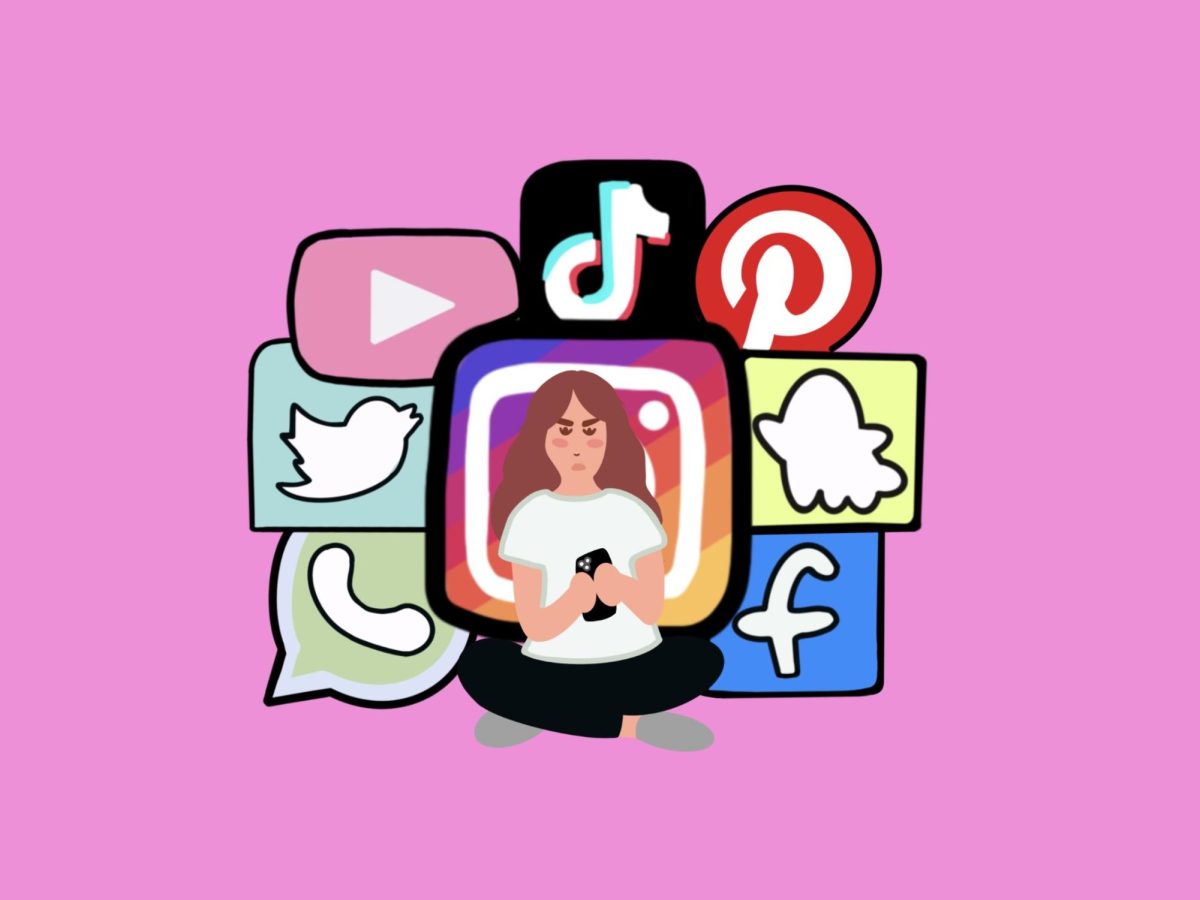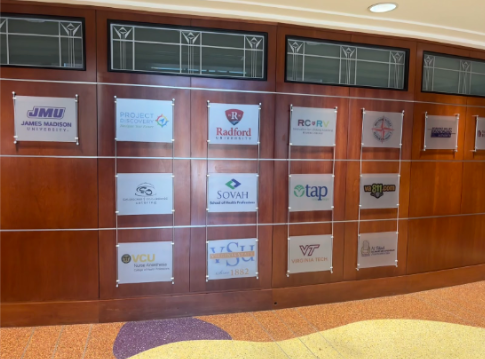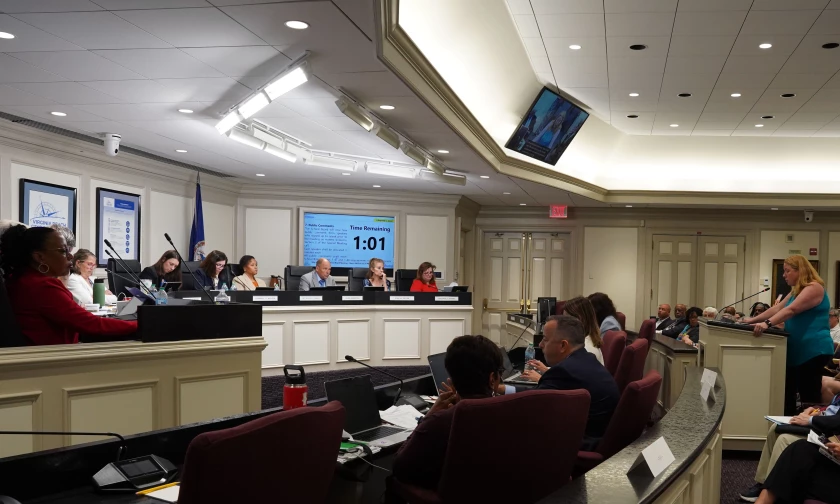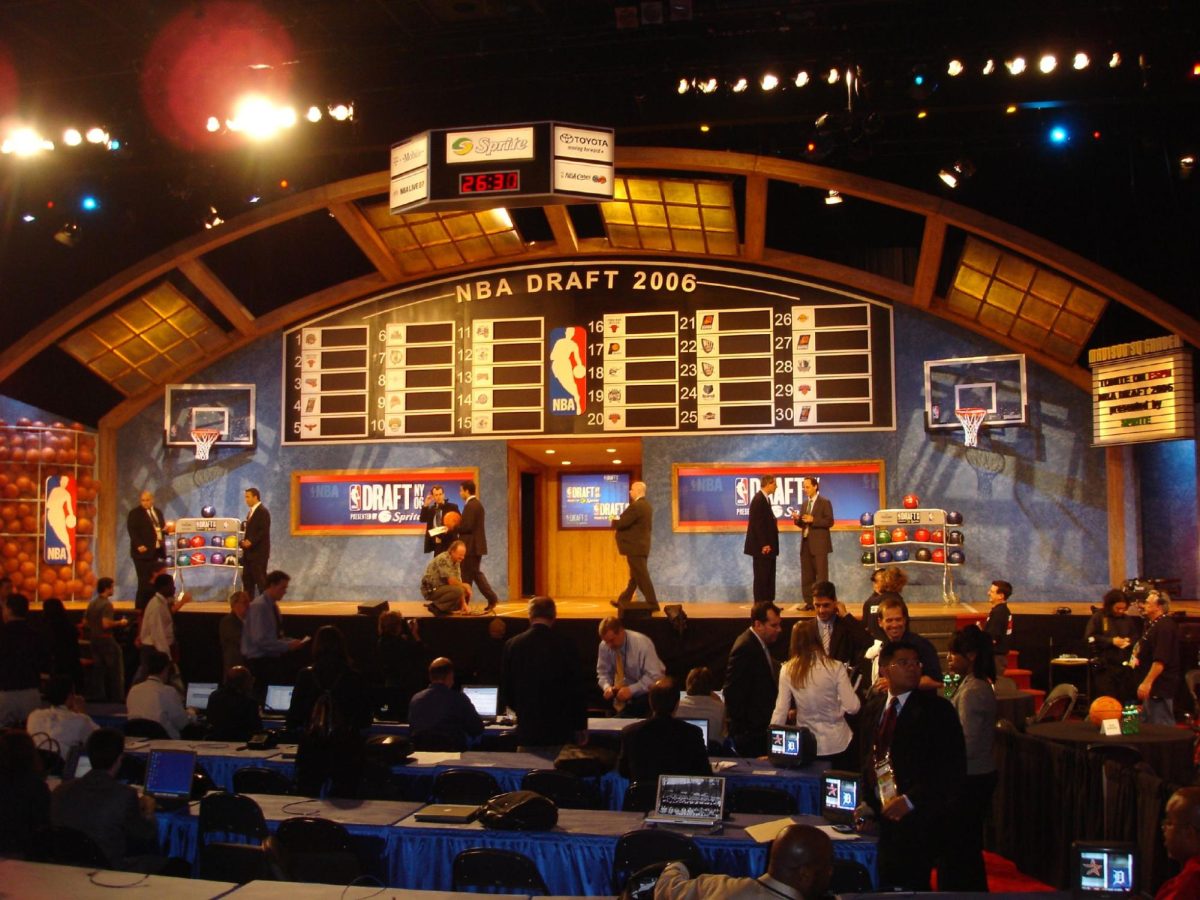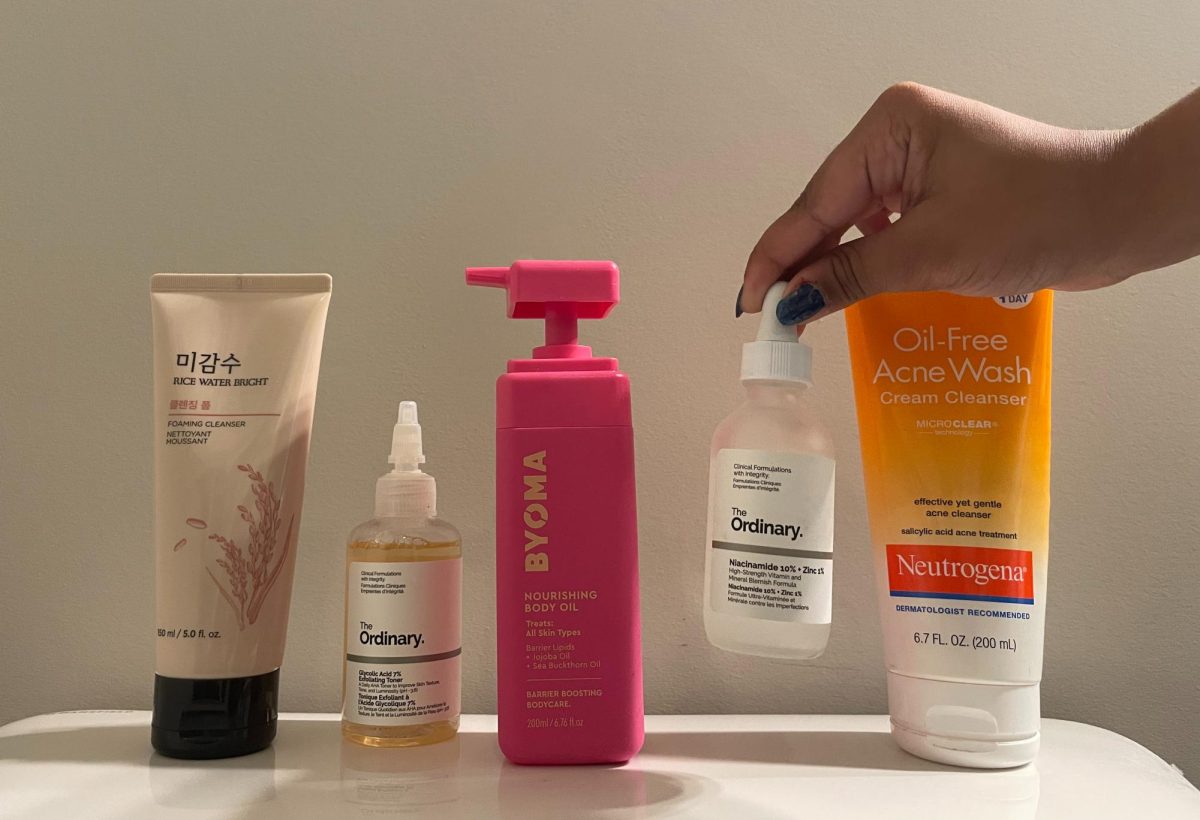Scroll, like, comment, share and repeat. These seemingly mundane actions can cost humans their well-being.
More than 80% of every generation uses social media at least once per day, with Gen Z having the highest average screen time of seven hours a day, according to themanifest.com and slicktext.com.
From the moment a person wakes up to the minute, they rest their head on their pillow; they cannot seem to get enough.
“Whenever I tell myself that I am going to do homework after school or way before sleeping, I usually end up wasting that time scrolling through social media,” said junior Jonathan Del Rosario.
A strong link has been found between heavy social media use and an increased risk for depression, anxiety, loneliness and suicidal thoughts, according to helpguide.org. This constant flux of information provided by social platforms makes the brain less focused on the task at hand and results in susceptibility to a variety of mental health issues.
Gen Z has the highest cases of mental illnesses and depression in history, according to thunderbird.asu.edu. With Gen Z having the longest screen times of any generation, it is not a surprise that they have broken this record.
“Social media is like putting highly addictive drugs into the hands of kids before they have any natural defense before them,” said Stanford Neuroscientist Andrew Huberman.
Huberman’s reference to drugs equates to dopamine, which is a chemical that influences how people feel and cope. Low dopamine results in a depressed mood, while healthy levels allow humans to experience pleasure. The shares, likes and comments associated with social media platforms trigger the brain’s reward center, resulting in a “high” similar to the one people feel when they are gambling, sexually active or using drugs.
“I find myself most distracted by Instagram Reels because I end up entertaining myself by watching the short clips,” said junior Alex Joo.
Super-short clips are like heroin and cocaine for dopamine levels. TikTok’s algorithm, in particular, maintains concerningly high dopamine levels, with every new video that pops up on someone’s ‘For You Page’ equating to a new dopamine hit. This reinforces the crave and leads to hours of endless scrolling.
“Certain social media, such as TikTok, has made it a lot harder for me to study,” said junior Jordan Flores. “So, I make sure to power off my phone for certain periods of the day to avoid using social media, especially when I need to get work done.”
When a notification pops up, three-fourths of survey respondents look at it within five minutes, according to pcmag.com.
When humans receive a notification, their prefrontal cortex, which is where higher-order cognitive processing occurs, shuts off. Instead of this function, their body receives emergency signals from the brain, which tempts them to check their iPhones.
Although social media use should be limited in general, there are certain times of the day when it needs to be limited the most. When setting goals for the New Year, be sure to add: “Stay off the iPhone 30 minutes before going to bed and one hour after waking up.”
“Exposure to screen light in the hours between 11 p.m. and 4 a.m., activates a specific circuit in the brain area called a habenula, that lowers dopamine and creates a sense of disappointment,” said Huberman.
Checking social media immediately in the morning forces the brain to skip the stage of calming theta waves, which improve sleep, attention span, memory and learning. Instead, it causes the brain to move straight into its alert beta waves which cause poor concentration and mental fatigue throughout the day, according to forbes.com.
It is time to shut off the iPhone and start the day right.
Open the blinds, get outside and say “hello” to the sunlight. This will not only break negative thinking habits such as tying self-worth with notifications, but help to regulate hormones and neurotransmitters that have strong effects on mood, behavior and the body’s natural rhythmic patterns. Setting screen time limits is also another solution that helps limit social media use.
A study led by Dr. Julia Brailovskaia concluded that individuals who cut their social media use by 30 minutes a day to replace it with physical activity, can dramatically improve their mental health.
“When I am not on social media, I like practicing color guard, drawing or reading,” said Jordan.

